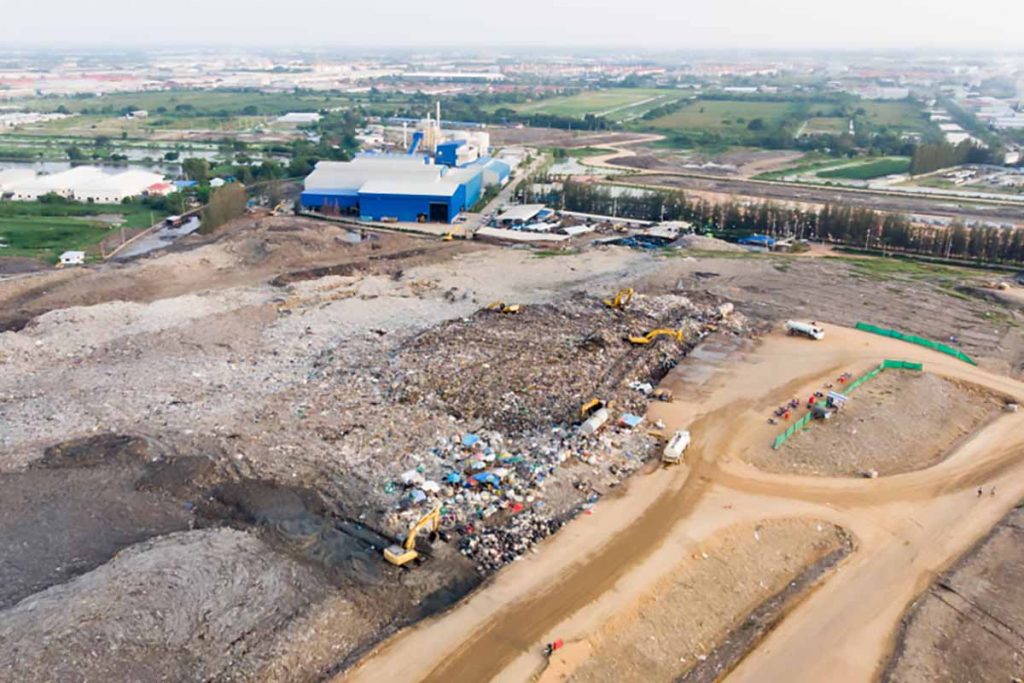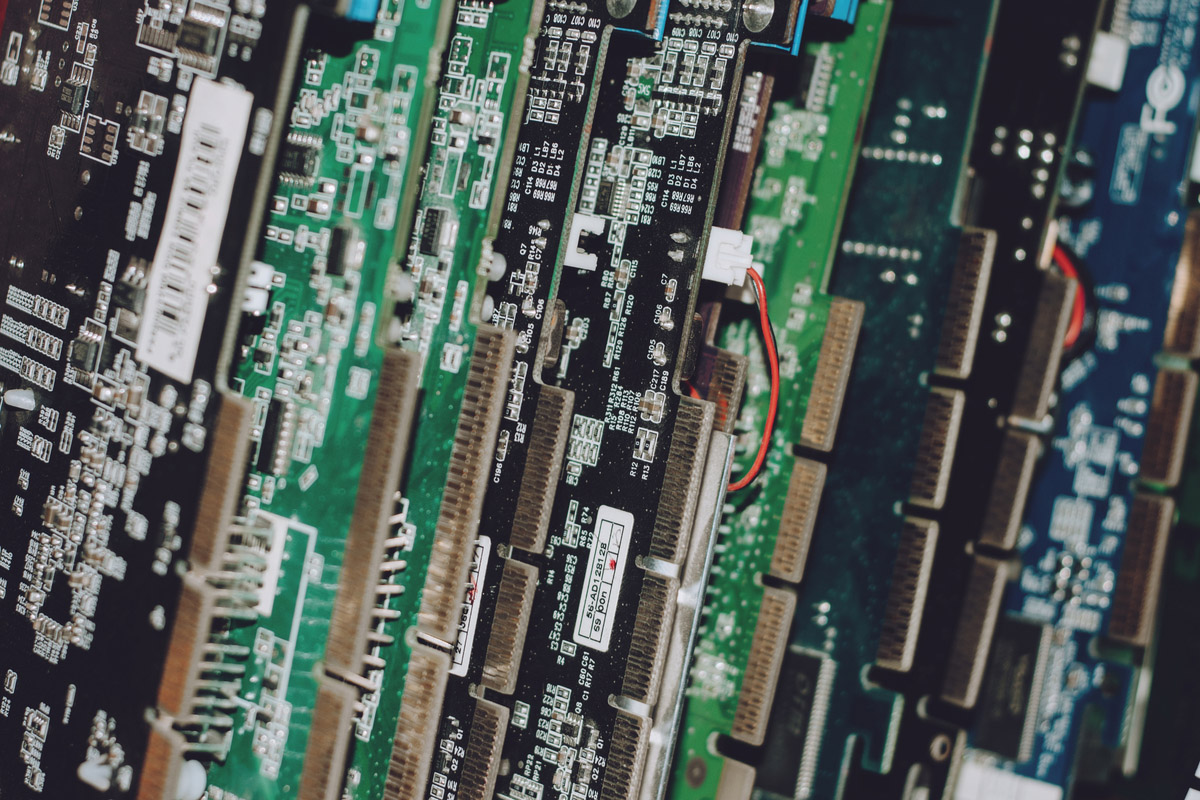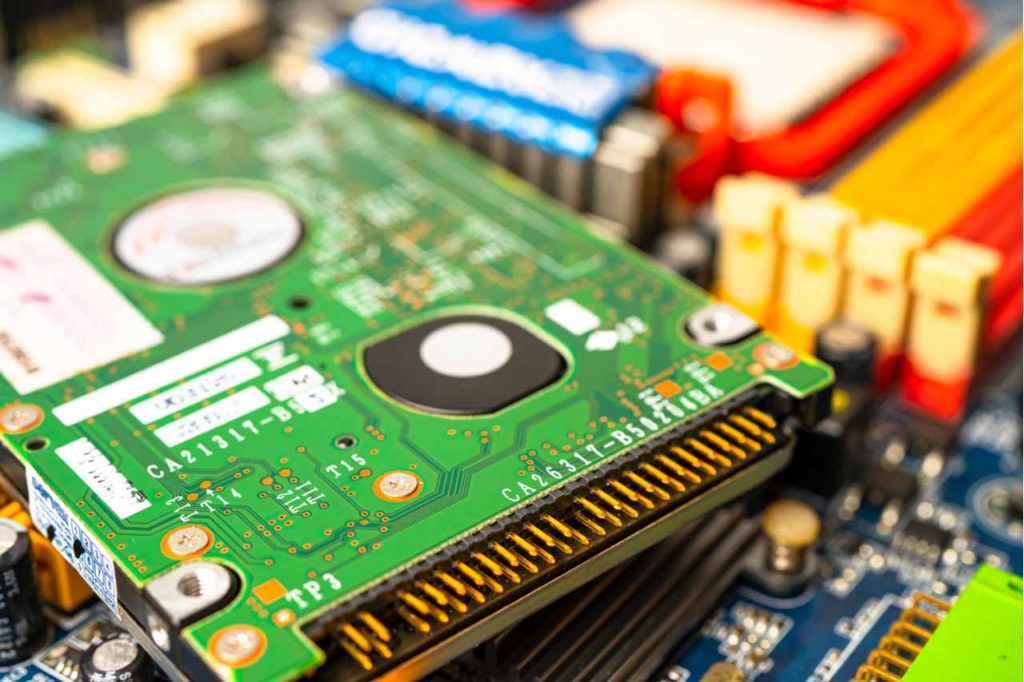
Clockwise from upper left: Craig Boswell of HOBI International, Adina Renee Adler of the Institute of Scrap Recycling Industries, Russ Ernst of Blancco and Walter Alcorn of the Consumer Technology Association.
Pandemic-spurred spending might mean more electronics entering the recycling stream, but any boost may prove a temporary exception to a long-term downward trend, one expert said during a recent presentation.









